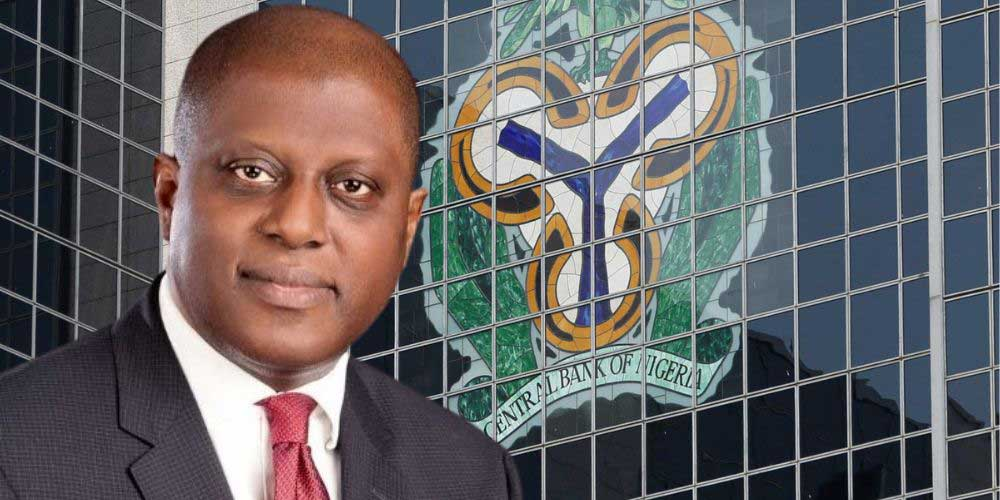BUSINESS

CBN INTRODUCES NEW POS RULES TO ENHANCE DIGITAL PAYMENT SAFETY
The Central Bank of Nigeria (CBN) has rolled out new regulations for point-of-sale (PoS) transactions aimed at curbing fraud and improving trust in digital payments. The measures include geo-tagging of PoS terminals and the adoption of global ISO 20022 payment standards to make transactions more secure and traceable.
Digital payments continue to transform commerce in Nigeria, from bustling markets in Lagos and Onitsha to online platforms nationwide. However, the shift from cash to electronic payments has been challenged by fraud, system disruptions, and uneven access.
CBN Governor Olayemi Cardoso is leading reforms to strengthen oversight of electronic payment systems and expand financial services to underserved populations. A circular titled “Migration to ISO 20022 Standard for Payment Messaging and Mandatory Geo-Tagging of Payment Terminals” was issued on August 25, 2025, and signed by Dr. Rakiya Yusuf, Director of the Payments System Supervision Department.
Key Provisions of the New Rules
Geo-tagging: All PoS terminals must now be equipped with GPS and tied to a licensed aggregator. Each terminal is restricted to a 10-metre operating radius from its registered location. Terminals outside this range will be flagged and barred from processing payments.
Aggregator linkage: Every PoS device must be routed through either the Nigeria Inter-Bank Settlement System (NIBSS) or Unified Payment Services Limited. Payment processors are required to integrate with both.
Compliance deadline: Existing PoS operators have until October 31, 2025, to comply with the new rules.
Transaction monitoring: Geo-location data must be captured at the start of every transaction and included in the message payload.
The reforms are expected to improve consumer protection, reduce fraud, and enhance accountability. A recent report by the Financial Institutions Training Centre revealed a 31.12 per cent rise in PoS fraud cases in early 2024, underscoring the urgency of the new measures.
Economists note that mandatory geo-tagging will prevent the misuse of portable terminals for illegal activities such as ransom collection. With GPS monitoring, enforcement becomes easier, and fraudulent transactions more detectable.
Adoption of ISO 20022 Standards
Alongside geo-tagging, the CBN is mandating the adoption of ISO 20022, a global payment messaging standard developed by SWIFT, effective October 31, 2025. The standard enhances data quality, ensures interoperability across financial systems, and supports both local and cross-border transactions.
To comply, all PoS devices must run on Android version 10 or higher, integrating with the National Central Switch for geolocation monitoring and geofencing.
According to the CBN, the move will reduce reconciliation errors, improve traceability, and align Nigeria’s payment ecosystem with international best practices—making it more attractive to foreign investors.
Expanding Consumer Protection
The apex bank has also launched the Unified Complaints Tracking System. Using the USSD code *959#, customers can verify licensed institutions, file complaints, and monitor their resolution status.
Speaking at the CBN Fair in Lagos, Acting Director of Corporate Communications Hakama Sidi Ali explained that the initiative aims to sensitise Nigerians on how central bank policies can improve livelihoods and support economic growth. Lagos Branch Controller, Sunday Daibo, stressed the role of digital inclusion in connecting underserved communities to the formal financial system.
Impact on PoS Operators
Since their introduction in 2013, PoS terminals have become an essential tool for traders and small businesses. By March 2025, Nigeria had 8.36 million registered PoS terminals, with 5.9 million active—up from 2.69 million the year before.
Operators report that daily earnings range between N5,000 and N50,000 depending on location and transaction volume. Beyond cash withdrawals, PoS devices are now widely used for transfers, bill payments, and third-party transactions.
Industry observers say the growth of PoS usage reflects the steady decline of traditional brick-and-mortar banking in favour of fast, technology-driven solutions. In the first quarter of 2025 alone, PoS transactions were valued at N10.51 trillion, more than triple the figure recorded in the same period in 2024.
Governor Cardoso noted that Nigeria’s fintech ecosystem has played a leading role in driving financial inclusion across Africa.
Looking Ahead
While challenges such as network disruptions, electricity shortages, and cyber risks remain, the CBN believes the new framework will strengthen the sector. Analysts suggest that if successfully implemented, Nigeria’s PoS ecosystem could serve as a model for other African countries seeking to expand digital finance.
"This represents a significant development in our ongoing coverage of current events."— Editorial Board









